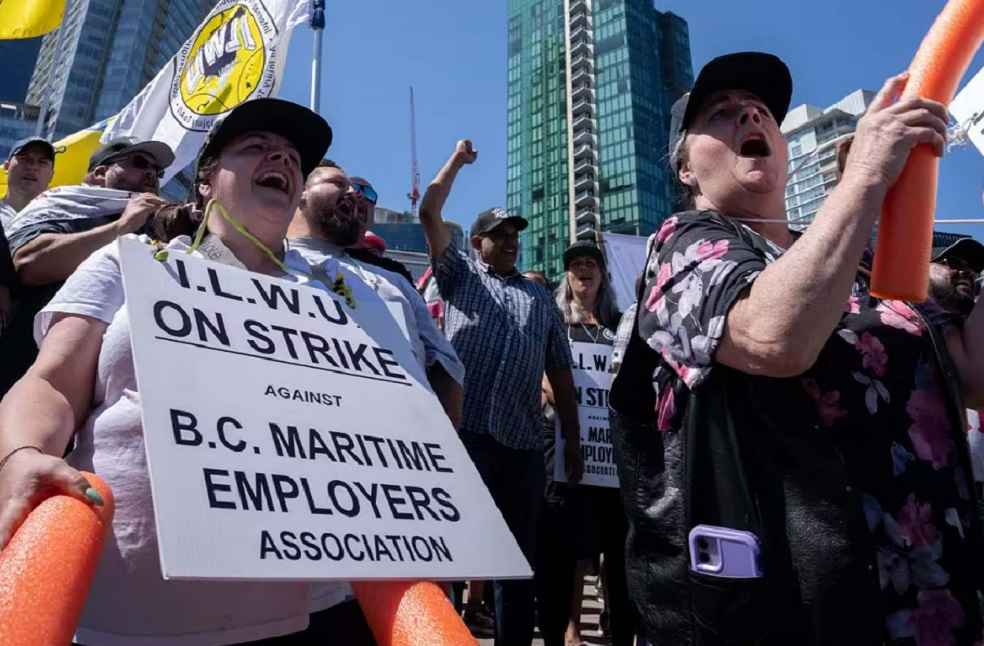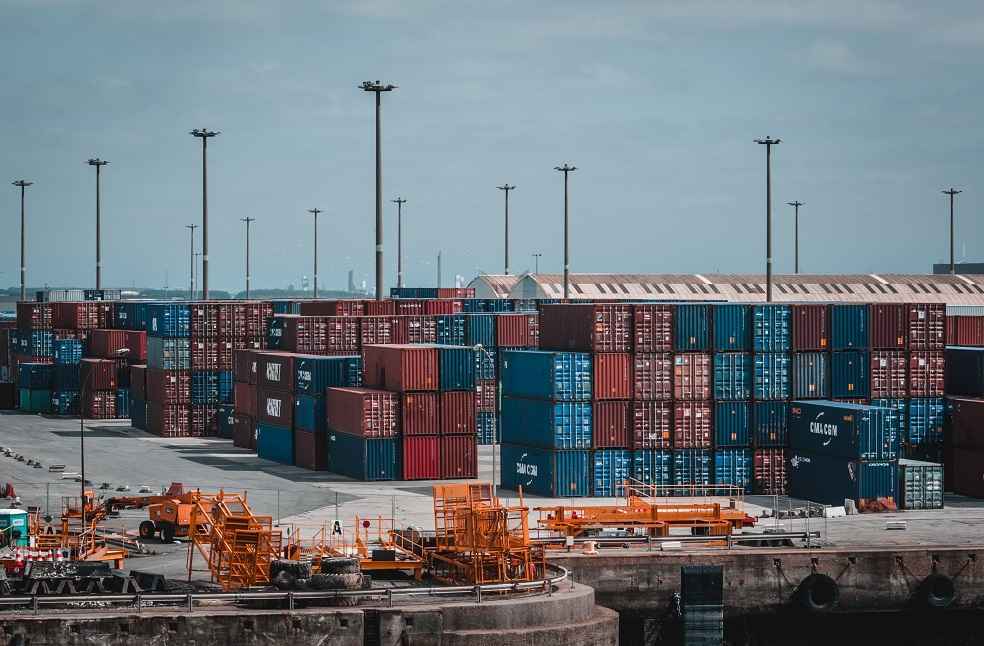A burgeoning labor dispute, including the Canadian dock strike, at the world’s key ports is sending ripples of uncertainty across global trade operations. Now, further exacerbating the situation, Canada’s West Coast ports have joined in the strike, leading to major disruptions in the supply chain.
The strike, which lasted 14 days, delayed product deliveries to chemical companies, manufacturers and retailers across the US for nearly two months. This poses a crucial challenge during the peak season, typically marked by the influx of holiday items for retailers.
President of the International Longshoremen and Warehouse Union of Canada (ILWU Canada), Rob Ashton, called upon the employers to negotiate a mutually beneficial agreement. The response from the British Columbia Maritime Employers Association (BCMEA) echoed disappointment and a wait-and-see stance, pending governmental instructions.

Canada’s Labor Minister, Seamus O’Regan, tasked the country’s industrial relations board with examining the implications of the union’s refusal on the potential for a negotiated settlement. An unfavorable conclusion might lead to the imposition of a new collective agreement or a binding arbitration mandate, effectively taking the strike option off the table for the union.
“Our economy cannot withstand additional disruption from this dispute,” O’Regan asserted.
The labor agreement rejected by the union offered a 19.2% wage increase over four years, a signing bonus of around $3,000 for each full-time worker, and an 18.5% hike in retirement payout.

As the dispute drags on, the repercussions touch U.S. shores, with a staggering $12 billion worth of freight held up, marking a significant supply chain disturbance.
The strike has also affected the rail freight industry, with Canadian Pacific Kansas City and Canadian National Railway posting losses and struggling to manage the resulting container congestion.
Logistics managers and the world of trade grapple with the unpredictability triggered by the strike. The delay in the delivery of chemicals needed for U.S. manufacturing compounds the issue, with several millions worth of chemicals left stranded at sea, as noted by Eric Byer, CEO of the National Association of Chemical Distributors.

Historical cargo volume data indicate a shift in trade routes from the U.S. West Coast due to concerns about potential hold-ups or diversions of cargo owing to the labor disputes. Alan Baer, CEO of trucking company OL USA, warned of the implications of this shift, emphasizing the complexity of global supply chains, and suggesting they cannot simply be turned on and off as needed. “Once changed, not everyone will simply return,” Baer observed.
Labor conflicts at various global ports yield extensive repercussions on international commerce and supply chains. These disputes lead to unchecked inflation, scarcity of vital commodities, and destabilization of financial markets, ultimately burdening the everyday citizen. Such issues warrant the attention of international labor bodies and global entities like the IMF and WTO to understand the magnitude of the problem.
METAL WORLD | Gold Mining: Environmental Crisis and Sustainable Shift



